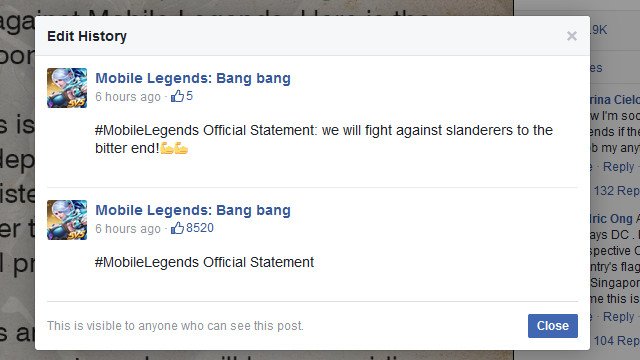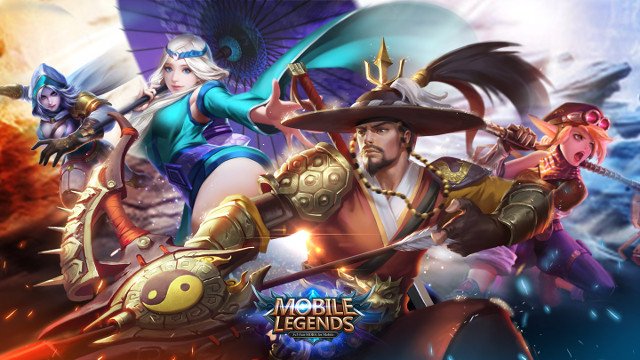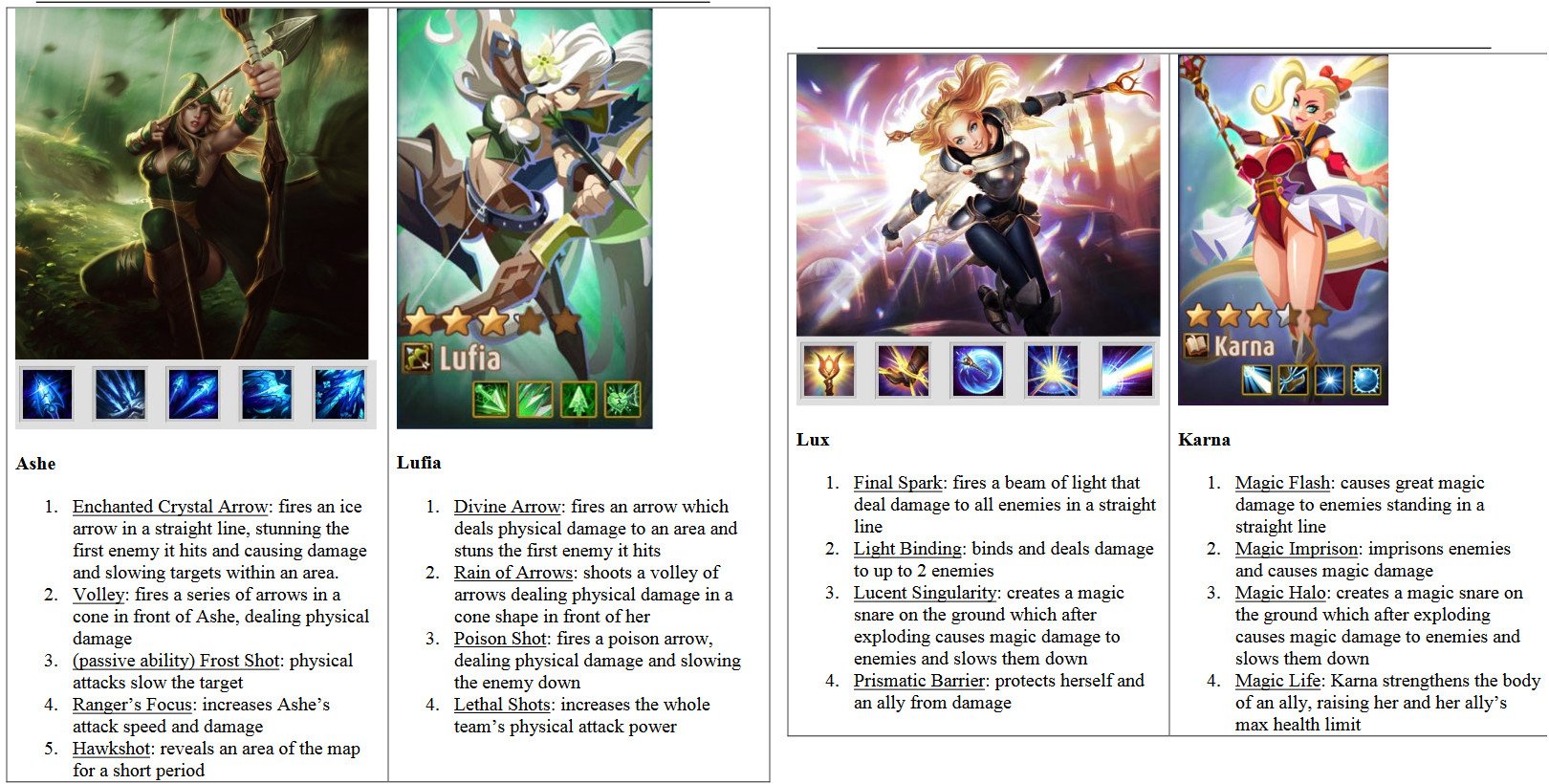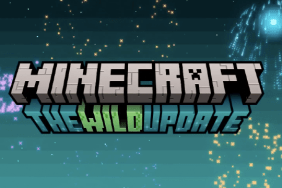Shanghai Moonton Technology, or just “Moonton,” has been sued by League of Legends developer Riot Games over their game Mobile Legends that Riot says infringes on the copyright of Riot’s popular MOBA game.
Moonton, developer of Mobile Legends and its few derivations that include Mobile Legends: 5v5 MOBA and Mobile Legends: Bang bang, responded today with a strongly worded statement, which includes what appears to be a dog-whistled threat of legal action against media outlets for reporting on Riot’s lawsuit.
The statement, released earlier today, strongly denies allegations of copyright infringement, saying that Mobile Legends’s “copyright has already been registered and protected in multiple countries all over the world. Moonton has independent intellectual property rights.”
Click Image for Full Size
This stands in stark contrast to Riot’s lawsuit, which used a series of exhibits to argue that Moonton has “infringed Riot’s copyrights,” according to the lawsuit. A few of those exhibits can be seen above.
Going even further, though, Moonton issued what appeared to be a warning against media coverage, writing “for some media and competitors who have spread the unreal information and rumors against us, we reserve the right to protect ourselves and pursue legal action.”
For entertainment purposes, you can also click the “edited” button on their Facebook post to see the revision history. This reveals that the original version of this statement simply read “We will fight against the slanderers to the bitter end!”

Flexing emojis aside, Moonton seems to think they have a legitimate case against media outlets for libel. The truth of the matter is, though, that even at a reduced standard of proof afforded to a private company, it’s unlikely to succeed.
Moonton probably wouldn’t be considered a public figure for the purposes of a libel lawsuit, so they wouldn’t have to prove “actual malice,” meaning they likely wouldn’t have to show a reckless disregard for the truth, in order to win a libel suit. But they would have to prove that the particular statements are false, and that they were made by the publication itself, rather than an official source quoted by the publication.
Using GameRevolution’s coverage, as an example, we used phrases such as “Riot further alleges,” and “filed a lawsuit […] alleging copyright infringement.” Other major reports on the matter used similar language. As anyone with a journalism degree will tell you, it’s all about attribution. So long as the publication is attributing statements to an official source, such as law enforcement or a legal document (including an officially filed lawsuit), that publication is usually protected from a lawsuit, so long as they are accurately reporting those statements (i.e. not leaving out relevant details included in them).
This standard allows publications to report on crime and legal matters without fear of reprisals from the “winning side.” Now, if publications were to cross the line and leave out attribution, saying things such as “John Smith killed the victim,” then they are no longer protected in a libel case against a private citizen or company, even if those statements echo those made by official sources. But that clearly isn’t the case with reporting on Moonton.
Riot’s lawsuit is seeking full control of the infringing material, and compensatory damages in the amount of $150,000 per instance of infringement.








